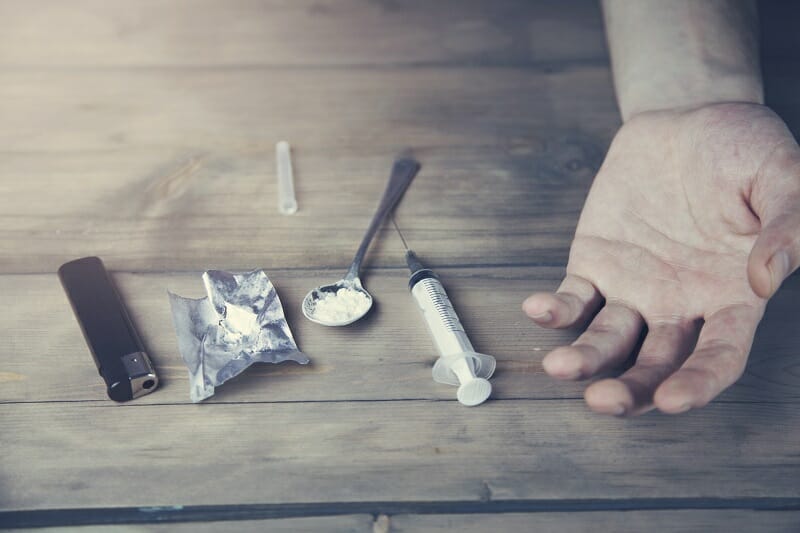

Organ damage – As with any type of drug abuse, cocaine can have a domino effect on the function of internal organs, especially the lungs and kidneys.Īs users grow tolerant of crack cocaine through constant substance abuse, the long-term health impacts become more pronounced and life-threatening.The more a user suffers hallucinations and other mental impairments, that damage has a cumulative, permanent impact on cognitive function. Brain damage – The impact of increased dopamine on the brain stem can cause brain damage over time.This can cause users to suffer insomnia, respiratory problems, hallucinations and seizures. Central nervous system – Crack cocaine causes increased dopamine levels, which impact the limbic system and cerebral cortex.This can cause cardiovascular problems like arrhythmia, hypertension and heart attacks. High blood pressure – Like other types of stimulant drug abuse (ecstasy, speed), crack cocaine causes bursts of manic energy and faster heartbeats.

The long-term effects of crack cocaine addiction include: Once the high wears off, the user feels irritable and agitated. The short-term effects of crack cocaine include energy, excitement and manic euphoria. What Are the Effects of Crack Cocaine Addiction?ĭrug abuse is bad for a person’s physical and mental health. It first became popular as a cheap alternative to cocaine in impoverished neighborhoods in the coastal US. Crack can also be dissolved with lemon juice or white vinegar for intravenous use.

It’s generally sold in rocks, which users break down and smoke. Get in touch with one today.Ĭrack is a freebase type of cocaine that emerged as a street drug during the mid-1980s. There are people who can help you with the struggle you're facing. Don't go through the process of recovery alone.


 0 kommentar(er)
0 kommentar(er)
